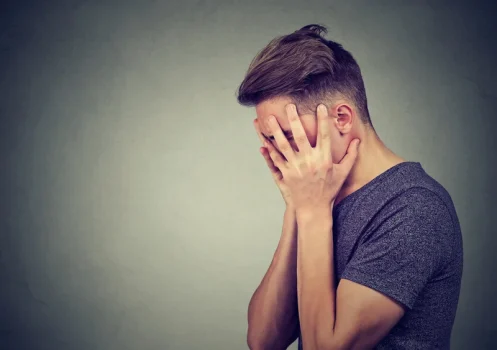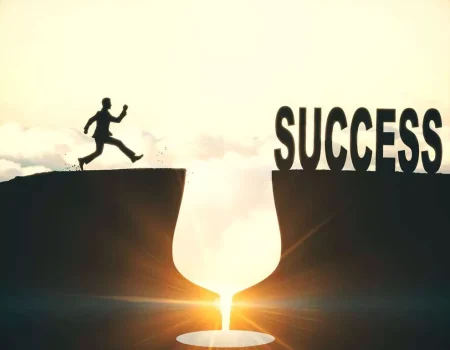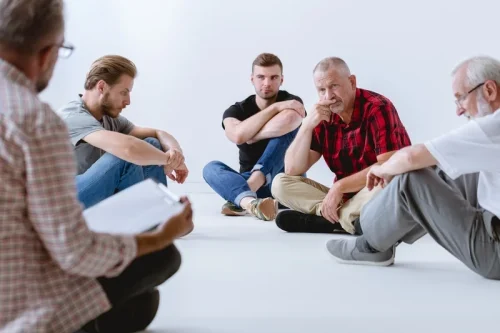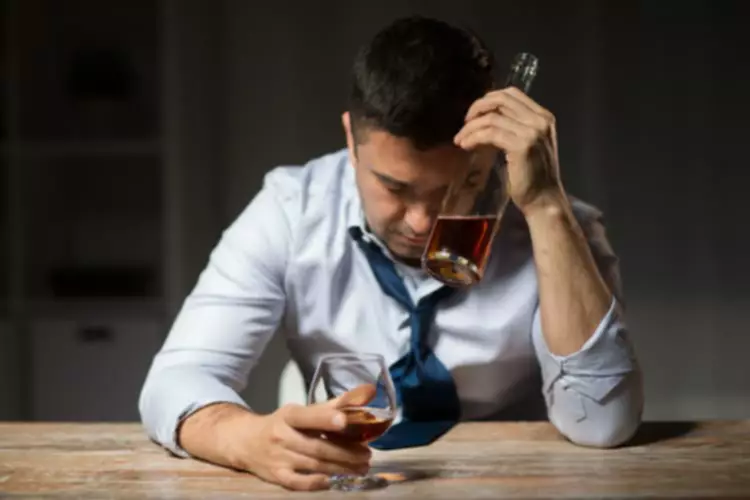Relapse After Addiction: Causes and Prevention

Intense emotional responses, including guilt, shame, and frustration, often accompany relapse in addiction recovery. These feelings can be overwhelming and, if not addressed properly, may hinder recovery. A slip, or lapse, is characterized by a brief and often single episode of substance use. It is an unplanned event that can occur in moments of weakness, yet it is followed by an immediate return to sobriety and the recovery process. Slips may be accompanied by regret and a reinforced commitment to recovery.

Types & Stages of Relapse
If they relapse and use the same dose that they used during active addiction, their risk of overdose is high. Relapse prevention plans should be easily accessible and realistic. A relapse prevention plan can be a list of reminders written on a note or https://ecosoberhouse.com/ mobile app. Or it can be a journal or workbook where you develop a comprehensive list of risky scenarios and the corresponding actions to take to maintain sobriety. Using drugs once during recovery doesn’t necessarily mean that a person has relapsed.
Creating a Relapse Prevention Plan

Being able to stop for an extended period is progress, and it shows that you can recover. Diagnosing the problem is the first key to getting back on track. Take an honest account of what happened before and during your relapse – remember, relapse happens before you pick up. Trace your steps and consider what you can change and prevent in the future. After a relapse, you must take action to ensure you don’t return to active addiction.
Relapse After Recovery
Addiction isn’t a disease that can be overcome in weeks or months. They recognize that they can’t have one drink or let their guard down for a single day. They’re constantly practicing coping skills, stress-relief techniques and healthy habits. Many people are embarrassed by their addiction, but having the disease of addiction is not shameful.

Participating in support groups like SMART Recovery can provide a sense of community and shared experience, which is vital for those in recovery. Such groups offer peer support and accountability, which are crucial for maintaining sobriety. It’s crucial to understand that medications are not standalone treatments but are part of a comprehensive plan that includes behavioral interventions. This integrated approach has been shown to yield significantly better outcomes. Therapeutic interventions like art and music therapy, yoga, and relaxation techniques can also support recovery by improving mental well-being and reducing stress. Regular therapy sessions can provide a supportive environment to explore underlying issues and develop personalized coping strategies.
Most Common Addiction Relapse Triggers
- Using coping skills and our tools can help us get through this stage.
- It should not be used in place of the advice of your physician or other qualified healthcare providers.
- Accepting that relapse is a normal part of the process of recovery is a more helpful way of looking at relapse.
- But don’t fall into the trap of thinking that you’ve failed or that relapse somehow deletes your progress in treatment and recovery.
Once they experience cravings, they’ll be ready to use the necessary coping skills. Building and maintaining a support network is equally important, providing encouragement and understanding from caring individuals. Ultimately, consistency in recovery is about making a daily commitment to your health and well-being. It’s about choosing sobriety every day and taking the necessary steps to support that choice. Ultimately, the goal of medication in recovery is to support the individual’s journey toward a healthier life, free from the constraints of addiction.
Risk Factors for Relapse
Old memories can trigger intense cravings for the substance of abuse. People with unhealthy coping habits may believe that using alcohol or other drugs is the only way to relieve stress. The sooner you take steps to intervene following a relapse, the easier it is to get back on track.

What to Do After Relapse Occurs
The more ACEs children have, the greater the possibility of poor school performance, unemployment, and high-risk health behaviors including smoking and drug use. Some models of addiction highlight the causative role of early life trauma and emotional pain from it. Some people contend that addiction is actually a misguided attempt to address emotional pain. However, it’s important to recognize that no one gets through life without emotional pain. Sleep deprivation undermines recovery in indirect ways as well. And it robs people of the energy needed to rebuild their life.
Boost Personal Support
- Viewed at with reference to our topic of addiction relapse, that’s a huge number of people potentially going through this same event as you.
- What is most often considered a “traditional” relapse occurs when someone makes a conscious decision to drink or use drugs.
- For some, it’s familial stress or the effects of broken relationships.
- If you can break free from the notion that relapse is a failure and begin to see it as part of the recovery process, you can build a strong foundation for sustained abstinence.
Recovery is a developmental process and relapse is a risk before a person has acquired a suite of strategies for coping not just with cravings but life stresses and established new and rewarding daily routines. The intensiveness of treatment is dependent on the severity of relapse. Supervised detox may be necessary to safely overcome dependency and withdrawal symptoms. In less severe cases, outpatient therapy and support groups may be adequate. Insurance plans are not allowed to impose lifetime or dollar limits on substance abuse coverage, so treatment is covered regardless of how many times a person has received treatment in the past. One of the most dangerous aspects of relapse is the increased risk of overdose.
Relapse Prevention Plan: Techniques to Help You Stay on Track
For others, recovery is a personal growth process that usually involves a couple setbacks.2 Rather than viewing a relapse as shameful, this perspective looks at it as a learning experience. Sometimes, you unknowingly begin taking steps toward a relapse weeks or months before actually drinking or using what to do after a relapse drugs. Certain thoughts, feelings, and events may trigger cravings and urges for drugs and alcohol, and, if not properly dealt with, may increase your chances of relapsing. What is most often considered a “traditional” relapse occurs when someone makes a conscious decision to drink or use drugs.

